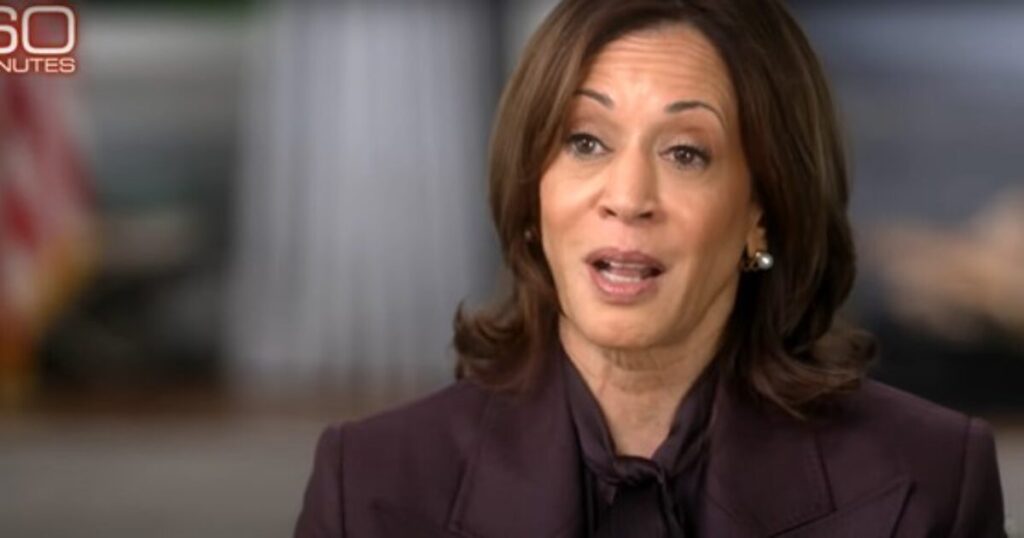In a recent interview with CBS’s “60 Minutes,” Kamala Harris faced significant challenges as she attempted to articulate her economic policies. The interview, hosted by Bill Whitaker, began with Harris discussing the Middle East, where her comments were linked to U.S. advocacy in the region. However, her vague and disconnected statements showcased a lack of clarity that quickly set the tone for the rest of the conversation. As tensions rise internationally, Harris’s inability to succinctly explain her stance raised concerns about her preparedness to address critical global issues. The abrupt shift to economic topics revealed even more significant shortcomings in her strategic vision for America.
When Whitaker pivoted to questions surrounding the economy, Harris’s responses fell short of being substantive. Seeking an opportunity to elaborate on her socialist policies, Harris instead provided a confusing mix of phrases, emphasizing the importance of investing in the middle class and small businesses. This line of reasoning, however, did not address the specifics of her economic plans or how these would be funded. Whitaker’s inquiries brought to light the gaps in her explanations, leading him to press her further on how her proposals could be realistically enacted.
The vice president’s attempts at answering were marred by a series of clichés and platitudes, which only served to frustrate Whitaker. He patiently interrupted her repetitive talking points, focusing her attention on the essential question of funding her ambitious proposals. Harris’s insistence that “the richest among us” need to pay their “fair share” in taxes failed to clarify how such plans would materialize or how they could garner the necessary support in a divided Congress. Her responses seemed more aligned with campaign rhetoric than practical governance strategies.
As the interview progressed, Whitaker brought a sense of urgency to the conversation. He challenged Harris to explain how she would navigate the complexities of Congress to get her plan approved, forcing her to confront the political realities that often stunt bold initiatives. Harris remained evasive, focusing instead on public support from constituents rather than addressing the political mechanisms required for her plans to succeed. This failure to engage with the legislative process indicated an overly optimistic view of policy-making that is often naïve in the world of politics.
Despite repeatedly asserting that her proposals reflect the desires of everyday Americans, Harris’s concrete plans were conspicuously absent. Her reliance on broad statements about fairness and advocacy did little to reassure viewers that she possesses a comprehensive understanding of how to translate her ambitious economic visions into actionable legislation. The disconnect between her lofty promises and the tangible steps necessary to achieve them left many questioning her commitment to executing her agenda effectively.
Ultimately, Harris’s performance in the interview highlighted a disheartening mix of unpreparedness and evasiveness when confronted with challenging questions. As she sought to balance her rhetoric with the realities of governance, the lack of specific strategies may undermine her credibility both as vice president and a potential future candidate for president. Whitaker’s attempts to coax meaningful answers from Harris illustrated the often stark contrast between political aspirations and the logistical challenges of implementing ambitious economic policies in a complex legislative environment.

